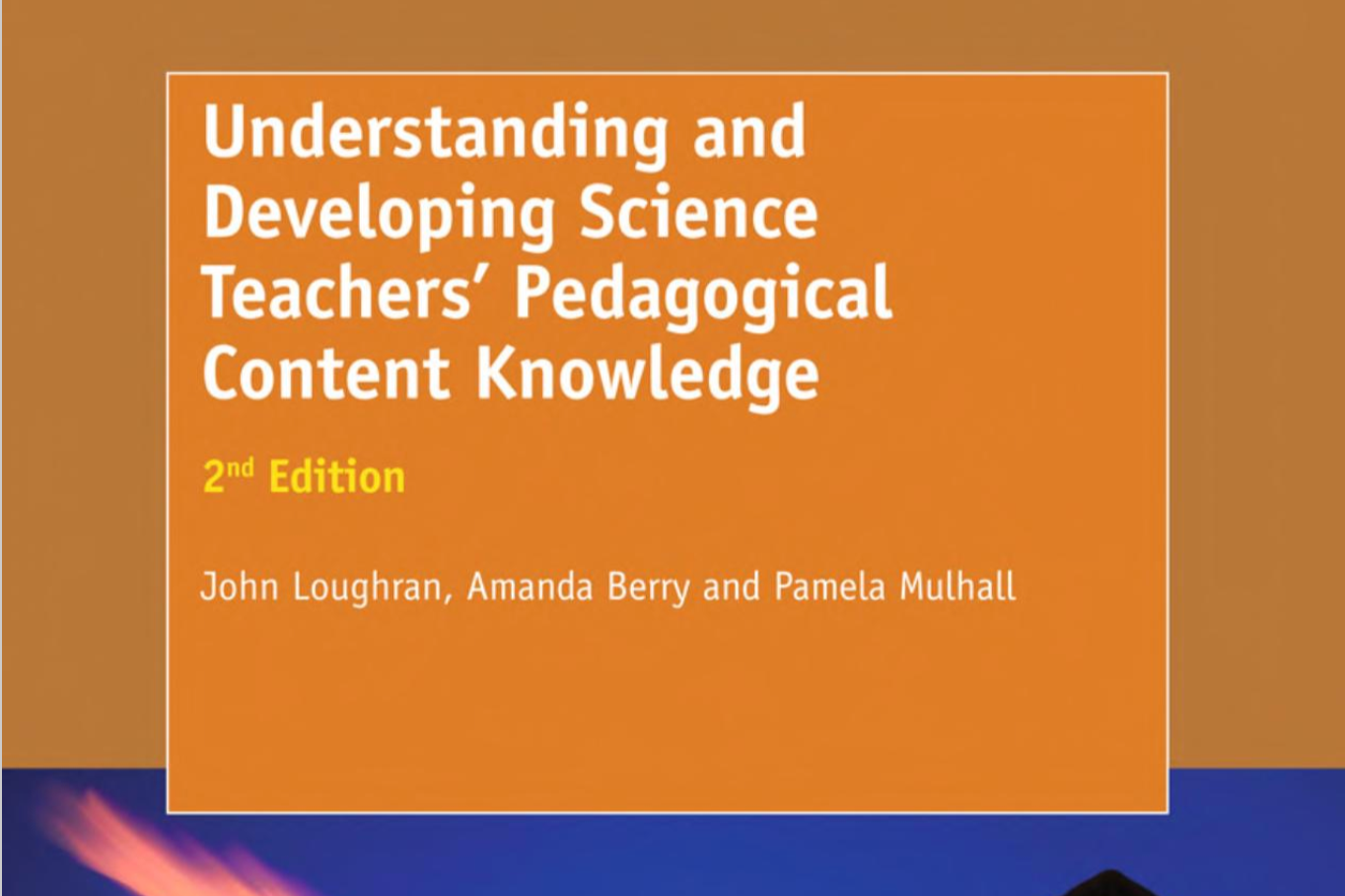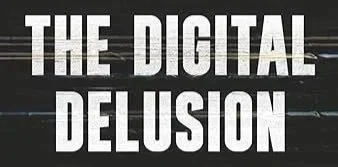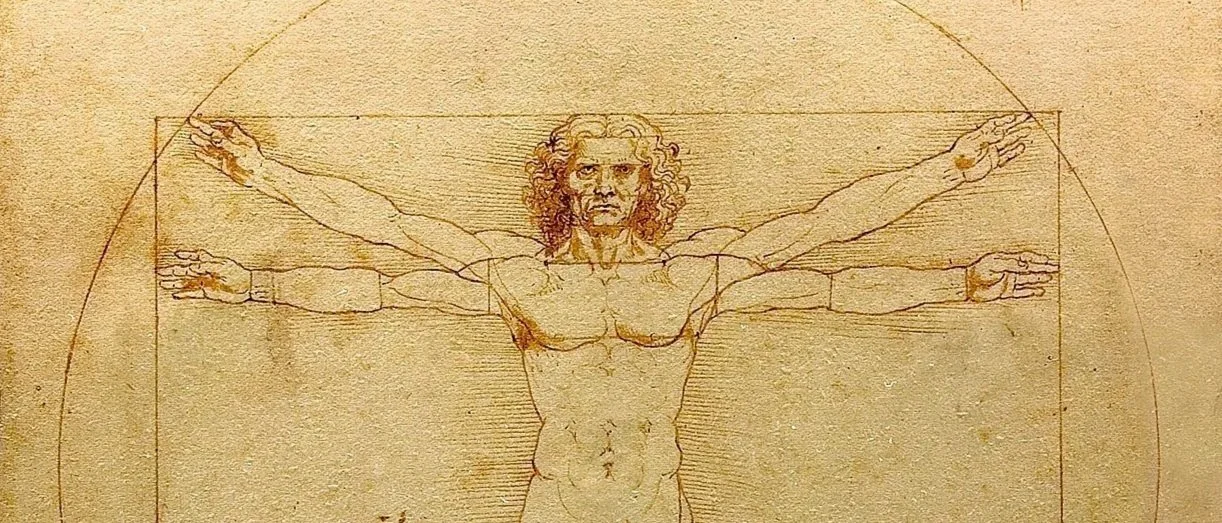What I’m learning, what I’m teaching, and what I’m learning about teaching

“Metaphor”: An apt metaphor for teaching
I’ve recently been conducting case study research with a few secondary-level English and social studies teachers. A component of my research involves lesson observations and interviews with these teachers, in which I prompt them to share their thinking about their pedagogical decisions. I’m trying to better understand their pedagogical reasoning in planning and implementing their lessons. One of these teachers is a high school English teacher; let’s call her Ms. Bhatti. Ms. Bhatti uses the concept of metaphor as an organizing big idea for teaching her high school English class. Like a good English teacher, for Ms. Bhatti, metaphor is a figure of speech, but metaphors are also a broader literary device.

Content Representations (CoRes) as a Tool for Pedagogical Reasoning
Working with pre-service teachers, Loughran et al. (2004) wanted to develop a tool that would help students of teaching develop this practice of pedagogical reasoning. They hypothesized that a tool that would force teachers to engage in pedagogical reasoning would facilitate both the enactment of teacher PCK, and the development of it. Through various empirical studies, Loughran et al. (2004) developed a tool that they referred to as “Content Representations,” which they named “CoRes” for short. CoRes has since been used by other researchers as a tool for both for measuring PCK, and for developing it, both in pre-service and in-service teachers.
I’m currently conducting some case study research with several secondary teachers, exploring the value of a particular model for developing teacher PCK. I’m using the CoRes tool as part of the model. In an effort to gain more experience with the tool myself, I recently worked through it with a common topic of a high school introductory economics course. It’s worth noting upfront that, though I’ve ended up teaching economics, I studied very little economics in university. Therefore, if I have any readers who are true economists, I hope you’ll forgive any spots in my example that betray my lack of academic economics background.

Part 2 of My Reflections on Ed Tech and Horvath’s Book The Digital Delusion
Though I agree with much of his critique of Ed Tech, Horvath’s vision for how to do education better contains subtle reactionary tone. I first picked up on this political stance before I read the book. Horvath, in an interview with Drew Perkins on his Thought Stretchers Podcast, made mention that he felt that the 1990s and early 2000s, when he was coming up through secondary school, were “peak western education”. I found this a very odd claim. I am also a product of “western education” in the 1990s. I graduated from high school in Canada in 1998. I’m not so sure everyone had the same “peak” experience.

Some Reflections on Ed Tech After Reading The Digital Delusion by Jared Cooney Horvath (Part 1)
Discussions about AI in education are everywhere these days. It’s a topic on which I’ve been doing some reading and thinking lately. In that context, I recently finished reading the new book by Jared Cooney Horvath called The Digital Delusion. What follows are some of my reflections on Ed Tech, which had been brewing already, but have come into greater focus following my reading of Horvath’s book. I’ll use Horvath’s term, “Ed Tech,” throughout this post; he uses it as a catch-all term for digital and internet-connected education tools and devices. Horvath’s book is divided into three parts; he develops his critique in parts 1 and 2, while part 3 consists of recommendations and resources for how different stakeholders can respond. For me, parts 1 and 2 elicited different reflections, so I’ll focus on part 1 in this post, and in a subsequent post, on part 2.

Will LLM Generative AIs spell the end of the humanities? Would that be a problem?
This emphasis on written text remains a unifying feature of the subjects of the humanities today. This is not to say that reading and writing are not important in other disciplines. Scientists, for example, certainly must be literate; but written texts are more of a means to an end in those fields. In the humanities, reading and writing are epistemological; texts are the data, textual interpretation is the method, and the act of writing is the meaning-making process. To study history requires reading both primary texts and the narrative interpretations of historians. The study of literature involves interpreting meaning from poetry and prose. Studying philosophy requires the student to make sense of the written treatises of philosophers. To be a historian, a novelist, a poet, or a philosopher requires that one write, write, and write some more, not just to share knowledge, but to create it. It’s no coincidence that the humanities grew in influence during a period of expanding literacy rates, the invention of the printing press, and the wider distribution of texts.

The C3 Framework for Social Studies: Minimally Guided Instruction or Disciplined Inquiry?
This past week, I briefly engaged with post on LinkedIn from Drew Perkins, the president and director of Thought Stretchers Education, which offers professional development around project-based and inquiry learning. Perkins also hosts a podcast, which I listen to periodically. On the podcast, Perkins has often engaged the debate between advocates of inquiry-based learning and proponents of direct instruction. Perkins’ professional work has focused on inquiry-based learning, but I have appreciated his willingness to engage the other side, and take their points to heart. He has often pointed out that both sides have a tendency to create a straw man argument by painting their opponent in broad strokes. One side paints a picture where all forms of direct or explicit instruction are dry, teacher-monologue lectures with no student interaction; similarly, the other side portrays all forms of project-based, problem-based, or inquiry learning as unguided discovery learning. I have appreciated that Perkins has continually pointed out that there is a lot of daylight in the middle where great teaching and learning takes place. In his LinkedIn post this week, he was again pushing back on the straw man approach from one side, and advocating for more nuance.

ChatGPT for Teachers: The Risk of Off-Loading Pedagogical Reasoning
I have concerns about the accelerating roll-out of generative AI systems in education. Many of these concerns relate to uncritical student use of AI tools, but I’m also skeptical about the implications of these tools for teachers.
This week, Open AI released ChatGPT for Teachers. According to Open AI, ChatGPT for Teachers is built upon ChatGPT 5.1 (the version available publicly through paid subscription), but specifically with teachers and school leaders in mind. It’s designed to work seamlessly with tools and software that teachers already use, facilitate collaboration with colleagues, and provide examples from other teachers. Supposedly, it’s built with teacher-specific tasks in mind, and is data privacy compliant with US FERPA rules for student data. I must confess upfront that I have not used it. It’s currently only available to verified K-12 teachers in the US (Open AI has rolled it out free for US-based K-12 teachers through June 2027). I will note that my paid subscription to ChatGPT has given me access to version 5.1 since it was released on Nov. 12 (and to version 5.0 before that). I will also note that I recently spent some time playing with Khanmigo’s AI teaching assistant for teachers, which is built upon the 4.0 version of the ChatGPT LLM system.

Curriculum Units as Storytelling
My daughter and I were a little late to the Netflix TV phenomenon of Stranger Things. We didn’t join the fan club until the summer of 2019 and the release of season 3. At that point, before we could watch season 3, we had to go back and watch the earlier two seasons. We were both immediately hooked; it was such a compelling story of everyday, small-town people, including a bunch of pre-teens on BMX bikes, battling supernatural forces from the Upside Down that they associate with creatures from Dungeons and Dragons. It didn’t hurt that the setting for the series is the fictional small town of Hawkins, Indiana, a town not dissimilar to Danville, Indiana where my wife’s parents lived and where we were visiting for the summer. Though a little lost on my daughter, the 1980s nostalgia of the series also appealed to me. If you were to sign into our family Netflix account, you’d find that our profile images to this day are different characters from Stranger Things. You probably wouldn’t be surprised that my profile is represented by Jim Hopper, the paunchy, rumpled, middle-aged, dad-ish, Hawkins chief of police.
In anticipation of the release of the first part of the final season later this month, I’ve been rewatching the earlier seasons recently. As one would expect, each season of Stranger Things follows its own narrative arc.

A Critique of Global Citizenship Education in International Schools
I’ve been trying to figure out how to do global citizenship education (GCED) and service-learning — and how to do it well — in two different international schools for about 13 years. Recently, I’ve had several conversations about these terms: global citizenship and service-learning. Some of those conversations have focused on the way in which the terms have been misunderstood, misrepresented and misapplied. Some have advocated for different terminology, such as “community engagement.” I get this; terms sometimes get so burdened with harmful implications that it’s better to throw them off and get rid of the baggage that people associate with them. Some have come to associate global citizenship with a privilege reserved for just an elite globalist class with the passports, resources and networks that allow them to exist aloof from state borders and national loyalties. Some have come to associate service-learning with a paternalistic, do-gooder, pitying approach to helping others. I can understand the inclination to reject terms that conjure up these types of associations. On the other hand, I’m not sure just throwing off the terminology will address some of the root issues with how these ideas are enacted in international schools.

An Example of Climate Education through Project-Based Learning
I distinguish between project-based learning (PBL) and project-based assessment. I have regularly used project-based assessment in my classes, often trying to make them as authentically real-world as possible. For me, project-based assessments come at the end of a unit of learning. The students have already acquired the knowledge and understanding and developed the skills expected of them in the unit (going forward I’ll refer to the knowledge, understandings and skills of a unit as KUDs; the D stands for “Dos” and refers to skills). The project is then a form of authentic assessment where they have to apply their learning to address a real-world issue or problem. They complete a project and create a product that demonstrates their learning. Because the project is a form of summative assessment, students are expected to complete the project relatively independently.

The Case for Incorporating Religion into the IBDP Theory of Knowledge (TOK) Course
A few years ago, I was one of several teachers teaching the Theory of Knowledge (TOK) course at an International Baccalaureate (IB) school in Ethiopia. While reviewing the scores of our students that year, I was surprised by the poor result of a particular academically strong student; let’s call her Helen. Helen was Ethiopian and had joined the school on a merit-based scholarship. Upon reviewing her submission, I detected in Helen’s essay an effort to reconcile her religiously-infused Ethiopian culture and her personal faith with her four years of high school at a Western-oriented, secular school. This is exactly the kind of thinking the TOK course encourages. My hunch, however, was that Helen performed poorly, in part, because her TOK class failed to equip her to do that thinking well.

Example Sequence of Teacher PD Workshop Sessions
I recently had a couple of discussions with schools here in Rwanda regarding how I might be able to support teacher professional learning (aka. professional development) in the coming school-year. I feel strongly that effective teacher professional learning needs to consider the context of the teachers, school, students, curriculum, etc. However, for the sake of discussion, I put together a rough example sequence of workshop sessions. These are based on my personal teaching experience, and my experience working and observing in schools. The below sequence reflects some of the topics and concepts that I believe are high impact for teacher professional growth and student learning. Again, though, this is just an example.

Global Citizenship Education and Smokey Responsibility
Smokey Bear has been associated with forest fire prevention since he was first introduced by the US Forest Service in 1944. From 1947 to 2001, Smokey’s well-known tag-line was, “Remember, only you can prevent forest fires” (in 2001 the quote was adjusted slightly to refer more generally to wildfires). Though I grew up in Canada, I was familiar with Smokey Bear. This was partly due to the influence of US media, partly because of family trips to New England, and partly because Canada also knows a few things about forest fires. But somehow, growing up, I never asked the question: Why is the bear, whose role it is to promote forest fire prevention, named “Smokey”? As the saying goes, where there’s smoke, there’s fire. So why name the US Forest Service fire prevention mascot, Smokey?

A “Yes, and…” Response to Ms. Hughes’ Article in The International Educator
Socratic discussions are a key pedagogical tool in the Critical Global Citizenship course at the International School of Kigali (ISKR). Socratic discussions involve participants challenging each other with questions about an object of knowledge, such as a text; they also involve offering alternative arguments, or building upon arguments already presented. In class, we have to deliberately practice the types of interactions that foster productive Socratic discussions, which, in addition to questions, include responses such as: “I disagree, because,” “yes, but…,” or “yes, and…”.
All of that was preamble to set up the purpose of this post. Ms. Estelle Baroung Hughes, Secondary Principal at the International School of Dakar, recently (June 18, 2025) published a short article in The International Educator, which summarized an address she gave at a conference earlier this year. I encourage you to check out the article, which is titled Nurturing Passion for “Glocal” Citizenship. Like in an effective Socratic discussion, I would like to present a “yes, and…" response to Ms. Hughes.

The Teacher’s Job is to Explain— To “Make Plain”
I have made the claim before that a teacher is essentially an “explainer.” I’ve sometimes felt some resistance from others to that claim, and I think I know why. When I state that a teacher is an “explainer,” for some it conjurers up an image of a dry, boring lecture such as the case of the economics teacher (played by Ben Stein) in Ferris Bueller's Day Off (“anyone, anyone…”). This is not my idea of an “explainer,” so let me try to “explain” my claim below.

Syllabus for a High School Critical Global Citizenship Education Course
During the first two years of my Ed.D. program, I focused much of my research on the concepts and practices of service-learning and global citizenship education. Arising from this research, I proposed a high school, one semester course, intended for seniors, at my school, the International School of Kigali. The course was rooted in the Global Citizenship standards put forth by UNESCO in alignment with UN SDG #4. I then proceeded to pilot the course with a small group of students during the 23-24 school-year. Then in the following school-year, we implemented as a required course for all seniors.
I plan to write a few different blog posts about my experience with this course. In this post, I’m just providing the syllabus so that readers can get an overview.

A Graduation Speech on Human Faces and Relationships
Till that word can be dug out of us, why should they hear the babble that we think we mean? How can they meet us face to face till we have faces?
These lines appear near the end of a novel that I recently reread by C.S. Lewis called, Till We Have Faces. It’s a creative retelling of an ancient Greek myth involving Cupid and Psyche. These lines are spoken by Orual, the main protagonist and narrator of the story, shortly after she’s had a mysterious encounter with the gods. The “they” to which she refers – “why should they hear… how can they meet us…” – are the gods. If you know this book and you know C.S. Lewis, you know that he’s working on a theological theme with these lines. But in rereading the story recently, I was struck by the significance of the face. Lewis is drawing on the sense that our face is where our true selfhood is expressed and it’s where we see the unique personhood of others.

A Graduation Speech in the Year of Ted Lasso & ChatGPT
Two key phenomena marked the 2022-23 school-year in my mind: one, the release of ChatGPT and two, season three of Ted Lasso, a show beloved by a lot of teachers. So it is that as the ISK Class of 2023 walked across the graduation stage, and I was honored to give the graduation speech, I thought it fitting to address these two phenomena in the words that I delivered below.

An Example of Criterion-Based Grading
In this post, I've simply copied and pasted a piece that I've written and included for my course syllabi for next school-year. This requires a few words of explanation. First, my school, as mentioned previously, still uses the traditional normative grading practices of percentage grades, averaging, letter grades based on percentage ranges, and GPA calculations. My school is initiating a process of reforming grading practices, but, at least for next year in the high school, the traditional system will remain. As a result, what I've explained below is an attempt to assess, score and report using criterion-based grading within my own classroom despite the larger structure of the school. As a result, not every aspect of it is exactly as I would most prefer it. Second, it's important to note that I haven't actually implemented this plan in this exact way yet. It's possible that I'll have to return to it at some point and refine it once it faces the realities of actual practice.

Criterion-Based Grading: The Alternative to Bad Traditional Grading Practices
In previous posts I’ve mentioned the problem with traditional grading practices. I’ve explained that they’re normative grades that aren’t referenced to any predetermined set of criteria. This brings us to an alternative to normative grading, which is criterion-based grading. In short, criterion-based grading means that the grade reflects the extent to which the student achieved the criteria for that assignment, unit, or course. Other terms that could be substituted for “criteria'' could be, “goals,” or “objectives,” but the point is that the criteria is set from the outset, and is transparently clear to both the teacher and the students.
Subscribe to the blog.
Like what you’re reading? When you sign up you’ll receive an email each time a new blog article is posted.
